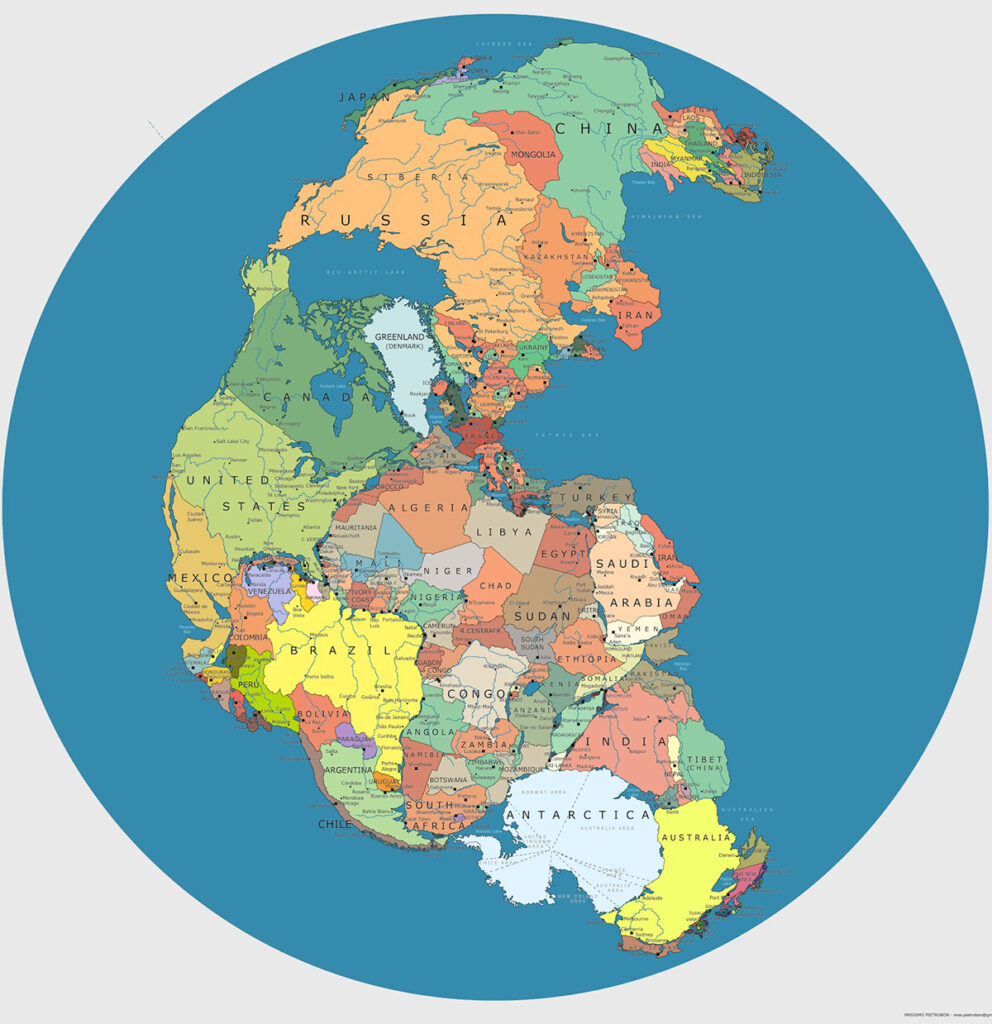In the deserts of Ethiopia, a gigantic crack is forming in the earth. It will eventually split completely, creating a new ocean that alters the geopolitical and economic sphere of the region.
Though we may not notice it, our planet is moving and changing all the time. In fact, since Earth first formed it’s been in a constant – albeit slow – state of flux.
You’re likely familiar with the map of Pangea, a period when all of the world’s current continents were cozied up and squished together. These landmasses drifted apart over the course of millions of years and continue to move slowly as we speak.
This is all thanks to the Earth’s tectonic plates, which float on top the sludge-like mantle beneath them. On average, they shift toward and away from each other at a rate of about 1.5 centimeters every year.

In the deserts of Ethiopia, big changes have been occurring between two of the earth’s major plates – The Somalian tectonic plate and the Nubian tectonic plate.
They are separating from each other, resulting in the formation of a 35 mile long crack named the East African Rift. It stretches through the vast deserts of Ethiopia and Kenya and is considered one of the most geologically monumental events to occur for hundreds of millions of years.
What does this mean for the future of the region?




















